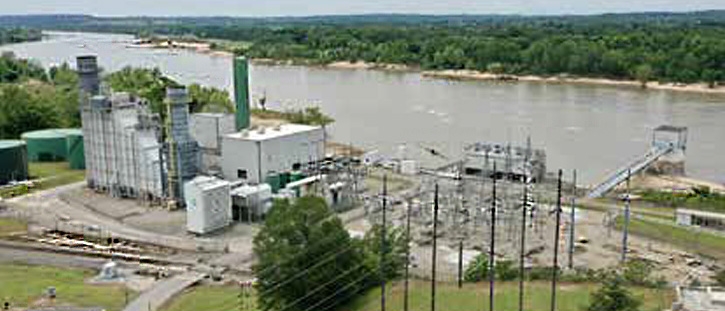Why Are Electricity Prices Going Up?

Keeping the lights on is job No. 1 for Arkansas’ 17 electric cooperatives, which provide reliable, affordable and responsible power to more than 1.2 million homes, farms and businesses across our state.
Due to a federal court ordered settlement between Sierra Club and Entergy, some of Arkansas' coal-based facilities must cease to burn coal in the coming years. Our power supplier, Arkansas Electric Cooperative Cooperation, which has a minority ownership stake in those plants, will have to replace that capacity by building new generation resources. For this reason, we expect rate increases from our power supplier in the near future.
The Environmental Protection Agency (EPA) is making our job more difficult. In May, the EPA published its final power plant rule regulating greenhouse gases from existing coal and new natural gas-based power plants. EPA’s rule jeopardizes affordable and reliable electricity by forcing the premature closure of always-available power plants while also making it more complicated to permit, site and build mission critical power plants.
This rule couldn’t come at a worse time for Arkansas and our nation. Electricity demand is surging, meanwhile the EPA is forcing dramatic cuts to our energy supply and potentially our national security.
Data centers, new manufacturing facilities and our daily lives require more and more electricity.
In fact, U.S. power consumption is expected to rise to record highs this year and next. National grid planners forecast that by 2028, demand for electricity will grow by an additional 38 gigawatts. That’s like adding another California to the grid.
Meanwhile, our supply of electricity is already decreasing as always-available power plants are being prematurely shut down. The North American Electric Reliability Corporation (NERC) has warned that 19 states — including Arkansas — could see rolling blackouts during times of high electrical usage over the next five years.
You might be wondering why electric cooperatives can’t just use more solar and wind energy. The answer is: We are. But solar and wind simply can’t meet our state’s needs alone when the sun doesn’t always shine and the wind doesn’t always blow.
Here’s just one example: Winter Storm Uri. In February 2021, for 58 hours, the five wind facilities we depend on produced virtually no power. No electricity means no lights. No internet. And no heat. That can be deadly during winter storms.
When supply can’t meet demand, prices go up and the lights go off. These EPA rules will increase energy costs and reduce reliability for consumers everywhere, especially in rural America.
There still is hope that common sense will prevail. The National Rural Electric Cooperative Association (NRECA) — the association that represents nearly 900 of America’s electric cooperatives — immediately filed a lawsuit against the EPA to block the rule after it was finalized. That lawsuit is moving through the courts, and a decision is expected by the middle of next year.
The Electric Cooperatives of Arkansas have one mission: To provide reliable, affordable and responsible electricity for our members. Unfortunately, the EPA’s power plant rule is standing in the way. It could lead to more blackouts, higher costs and greater uncertainty for Arkansans. That’s a future we’re working every day to avoid. Rest assured that the Electric Cooperatives of Arkansas are working daily to provide RELIABLE power at reasonable prices.
